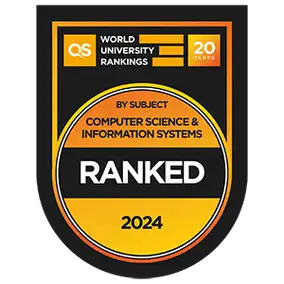Overview
Future-focused and with strong industry connections, the School of Mathematical and Computational Sciences provides teaching and research in computer science, data science, information technology, mathematics and statistics.
With a long tradition of online and distance teaching — and staff on Massey campuses in Auckland and Palmerston North — we cater for students around New Zealand and overseas. We are Tiriti-led, upholding te Tiriti o Waitangi principles through our practice.
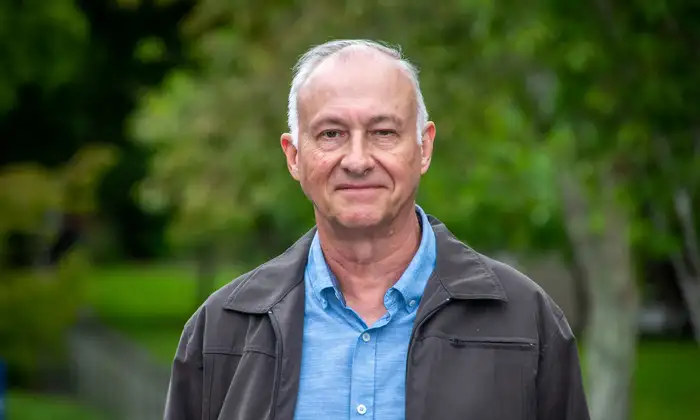
Professor Chris Scogings
Chris Scogings' research focuses on agent-based modelling, including new algorithms to enhance performance. A dedicated teacher, Chris has received the Vice-Chancellor’s Award for Excellence in Teaching (2006) and Albany Lecturer of the Year (2005 and 2013). Chris has strong links to the local software industry.
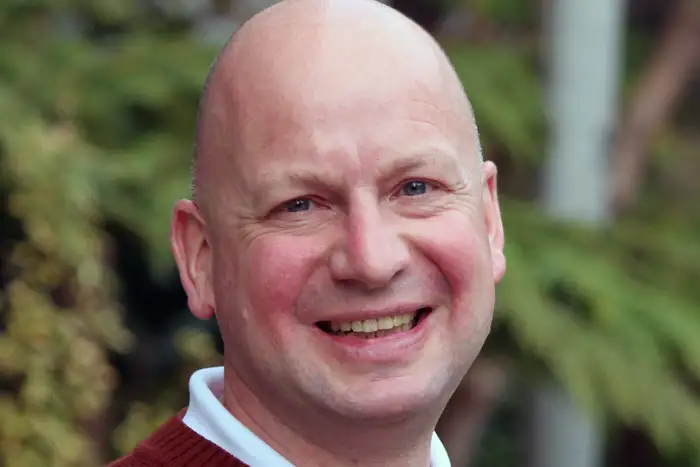
Professor Hans Geusgen
Hans Guesgen received his doctorates from the Universities of Kaiserslautern and Hamburg in computer science with a focus on artificial intelligence, before immigrating from Germany to New Zealand. His research interests include smart environments, ambient intelligence, and spatio-temporal reasoning. He is a senior member of the Association for the Advancement of Artificial Intelligence (AAAI).
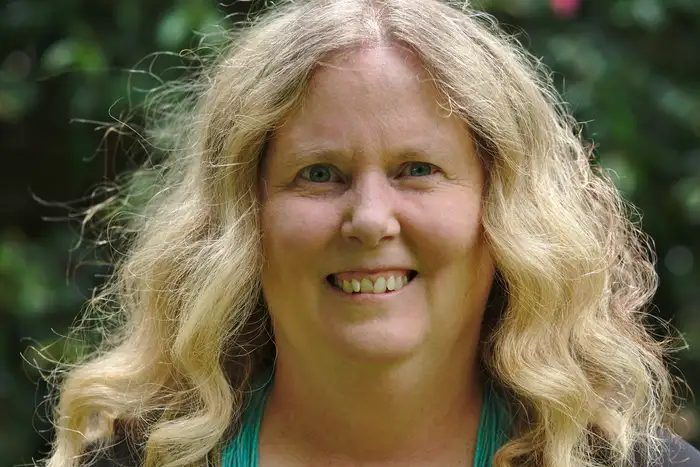
Associate Professor Tammy Lynch
Tammy Lynch is an applied mathematician whose research interests include the mathematical modelling of enteric methane production, hydrothermal eruptions, granular flows, and cell population growth. She is a Fellow of the New Zealand Mathematical Society and Deputy Head of the School of Mathematical and Computational Sciences.
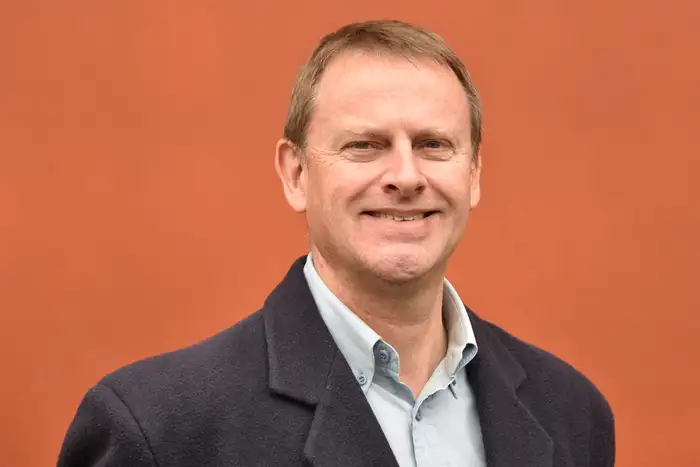
Professor Mark Bebbington
Mark Bebbington is Professor in Geostatistics, a joint appointment with the Earth Sciences Group in the School of Agriculture and Environment. His research interests are in stochastic models, particularly the estimation of geophysical (mainly volcanic) hazard and computational methods for these. A sideline is in decision theory, both around eruption response, and in statistical quality control.
Study with us
Choose from a range of qualifications in maths, statistics and computing, such as data science or software engineering.
Explore by area of interest
Explore a selection of qualifications relating to your interests.
Study computer science & information technology
It pays to opt for a future-focused university. We offer five majors in the same degree, so you can explore all aspects of computer science and IT.
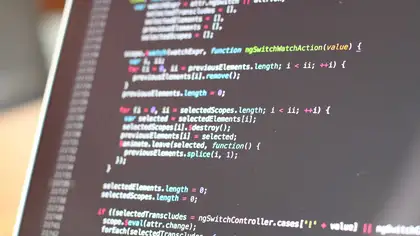
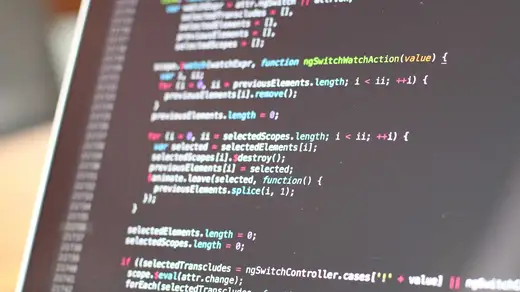
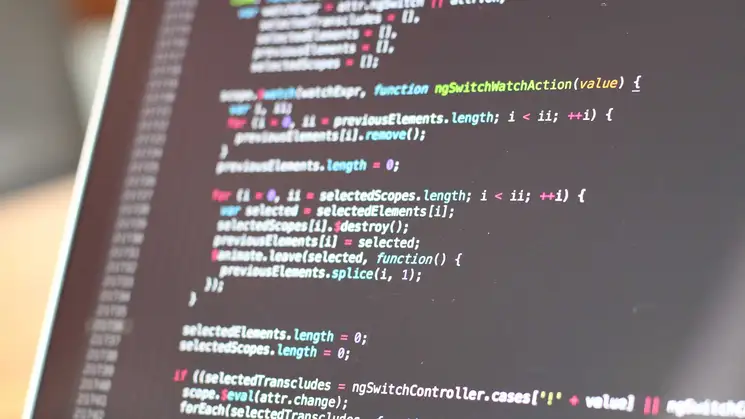
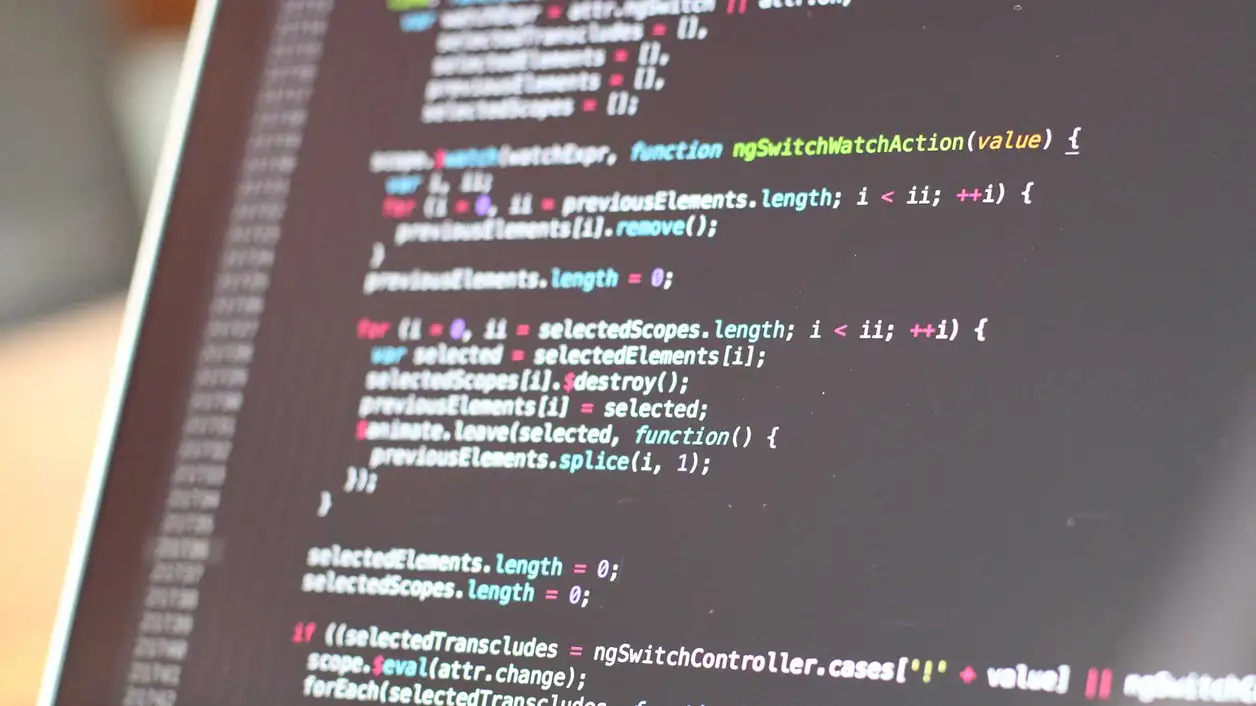
Study mathematics & statistics
Love numbers? We do too — and we're experts in using maths and stats to solve some of the biggest problems facing our planet. Discover your study options.

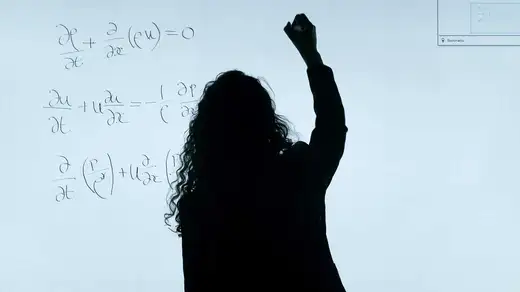
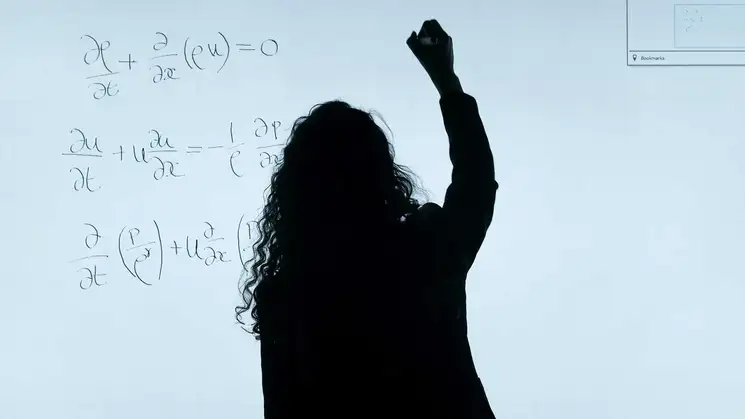
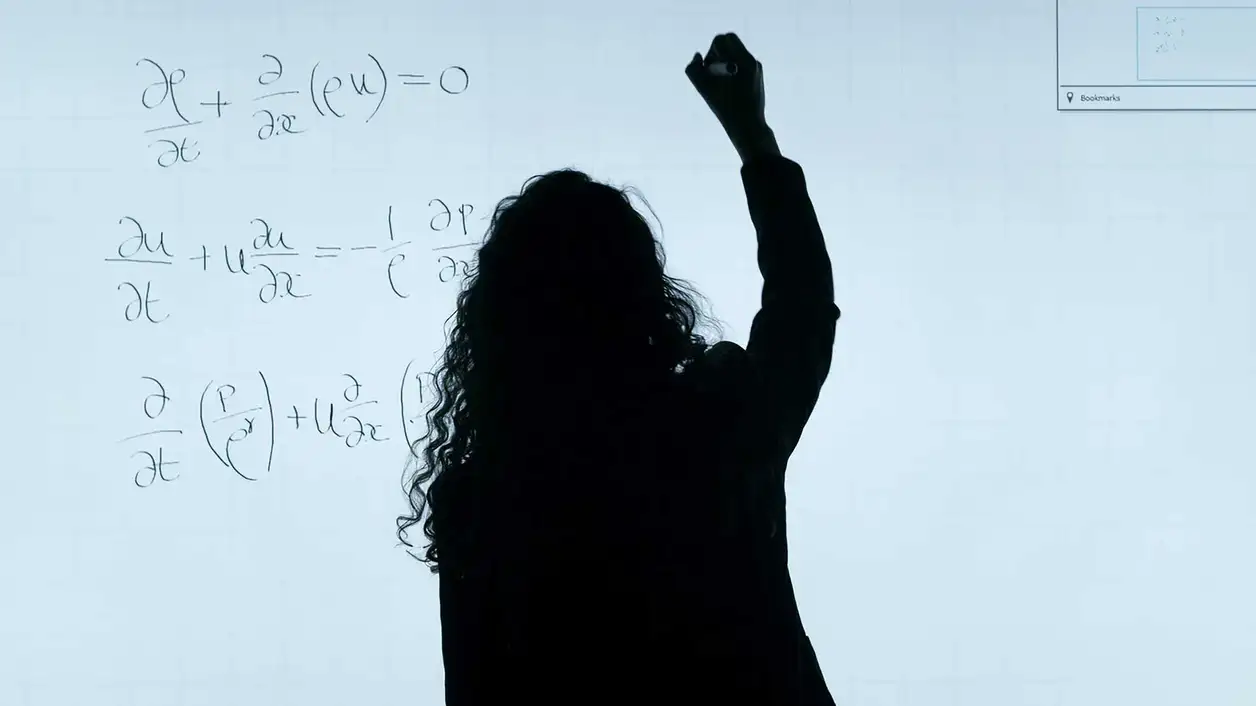
Meet our graduates
“I was introduced to computer programming in my first year at Massey, and it has captured me since then. I still use the computer programming we learned in Chris Scogings' 101 course every single day! I'm now working in one of the big hot areas in the tech world – augmented reality.”
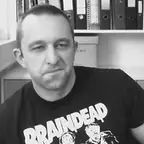
“I’ve really enjoyed studying statistics at Massey. I’ve been challenged in many areas, and any difficulties I faced were easily and quickly tended to.”
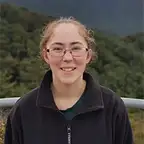
“I chose to do my PhD at Massey University because of its international reputation and ranking. Massey undertakes innovative research and I wanted a university where good researchers would surround me.”
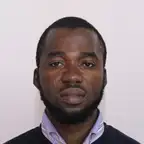
Accreditations and rankings
Student testimonials
“My time at Massey was really worthwhile and I picked up a number of life skills including time management, people skills, research techniques and study skills, all of which are still useful to me in my everyday work.”
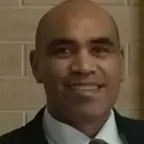
“Massey helped me to grow my ability to learn quickly and efficiently, and I use that every day at work. My studies also helped me pick up R and Python which I use every day to develop models and automate data processes.”
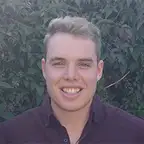
“I love detail and complexity. I love pulling apart systems and the underlying logic to see what really makes them tick. I find it absolutely exciting to develop models which emulate real-world behaviours.”
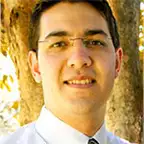
Research
Our academic staff are highly research active, with awards for teaching and research excellence. The School also attracts high numbers of postgraduate research students to its Masters and PhD programmes.
Our researchers and research students work collaboratively across disciplines, and with experts around New Zealand and the world. This results in new knowledge and innovative insights into some of the world's most pressing issues.
Our researchers win grants and other funding from prestigious sources such as the Royal Society of New Zealand's Marsden Fund Te Pūtea Rangahau and the Ministry of Business, Innovation and Enterprise for applied research.
Learn about the Marsden Fund
Learn about the Ministry of Business, Innovation and Enterprise
Consultancy
We often carry out research for partners outside Massey or collaborate with stakeholders on certain topics or as part of long-term relationships. Our consultancy draws on expertise from within the School and all round the university, offering fresh thinking.
Research projects and teams
Examples of how our people create and share new knowledge.
Scientific computing
Geometric integration, a branch of scientific computing, is a new approach to simulating the motion of large systems such as Ice Age origins or weather forecasting. Our research, in collaboration with international partners, explores:
- all possible geometric or structural features such systems can have
- implications for long-time dynamics
- how to design efficient numerical integrators that preserve these geometric properties.
Artificial Intelligence (AI) for automating responses to cybersecurity threats
AI can be a powerful tool to combat emerging cyber threats. Massey's Cybersecurity Lab works with Data61 (CSIRO, Australia) and top trans-Tasman universities to develop AI solutions. These use the latest in machine learning and deep learning techniques to detect, classify, and respond rapidly against network intrusions and malware attacks.
Chimeras in coupled oscillator networks
Oscillators coupled together may spontaneously split into synchronised and unsynchronised groups, called chimeras. Understanding chimeras' properties is a fundamental problem in the study of emergent phenomena in complex systems.
Carlo Laing works to determine the smallest networks that support such states, and to investigate their robustness to imperfections, inspiring experimentalists to look for these states in networks of chemical and mechanical oscillators.
Artificial intelligence and its applications
The team explores AI's uses, including big data processing for portfolio selection and modelling financial markets, and a major project to develop an intelligent conversational Q&A system. The Q&A project delves into fundamental technical challenges such as natural language processing, machine translation, and speech recognition for languages such as te reo Māori.
Organised chaos
A project to explain how switched systems, such as power converters in electrical devices, can behave chaotically in a manner that is robust to parameter fluctuations and random external influences.
This collaborative work with the University of Manchester is funded through a Marsden grant by the Royal Society of New Zealand.
Finding orphan planets
Software developed by computer scientist and astrophysicist Ian Bond has led to the discovery of free-floating ‘orphan’ planets. The work was done using gravitational microlensing, which allows the study of planetary bodies that emit little or no light.
Network Inference, mining and modelling in biological complex systems.
Studying biological organisms as complex systems through omics data sets, which measure the activity of entities that make up these systems. Such systems share some general features, such as heterogeneous data, high inherent noise, modularity of the networks, small p/large n problem.
Yet, these networks are very specific. No generic method can be applied, nor can be shown to be superior. Tasks range from inferring regulatory relationships between genes and genes products, to identifying potential targets for a drug, or explaining a phenotype of interest like the resistance to a disease. To answer these questions, we develop new statistical models and inference algorithms.
Featured service
Massey clinics offer services for the public, as well as research or training for staff, students and professionals.
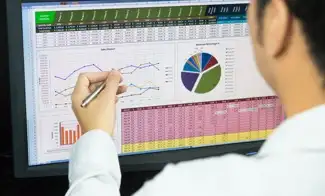
Manawatū statistics consultancy
Statistical consultancy service from the Statistics and Bioinformatics group. We provide advice to researchers at Massey University and in private organisations. We also arrange occasional short courses and workshops.
Contact the School of Mathematical and Computational Sciences
We teach online and by distance, and on two Massey campuses: Auckland and Palmerston North (Manawatū).
School of Mathematical and Computational Sciences – Auckland campus
- Location
Use our Auckland campus maps or find us on Google Maps.
School of Mathematical and Computational Sciences – Manawatū campus
- Location
Use our Manawatū campus maps or find us on Google Maps.
Looking for a staff member? Visit our staff directory or use Expertise search.
